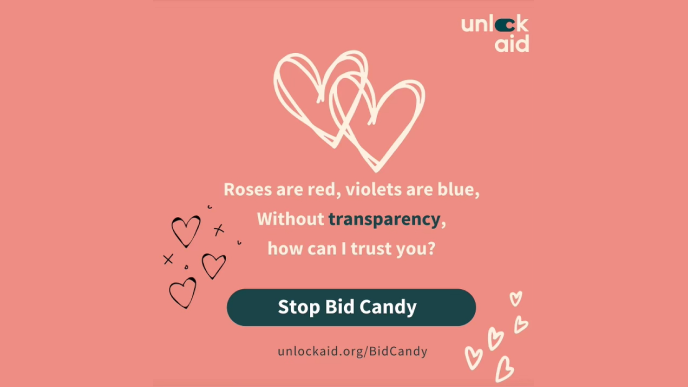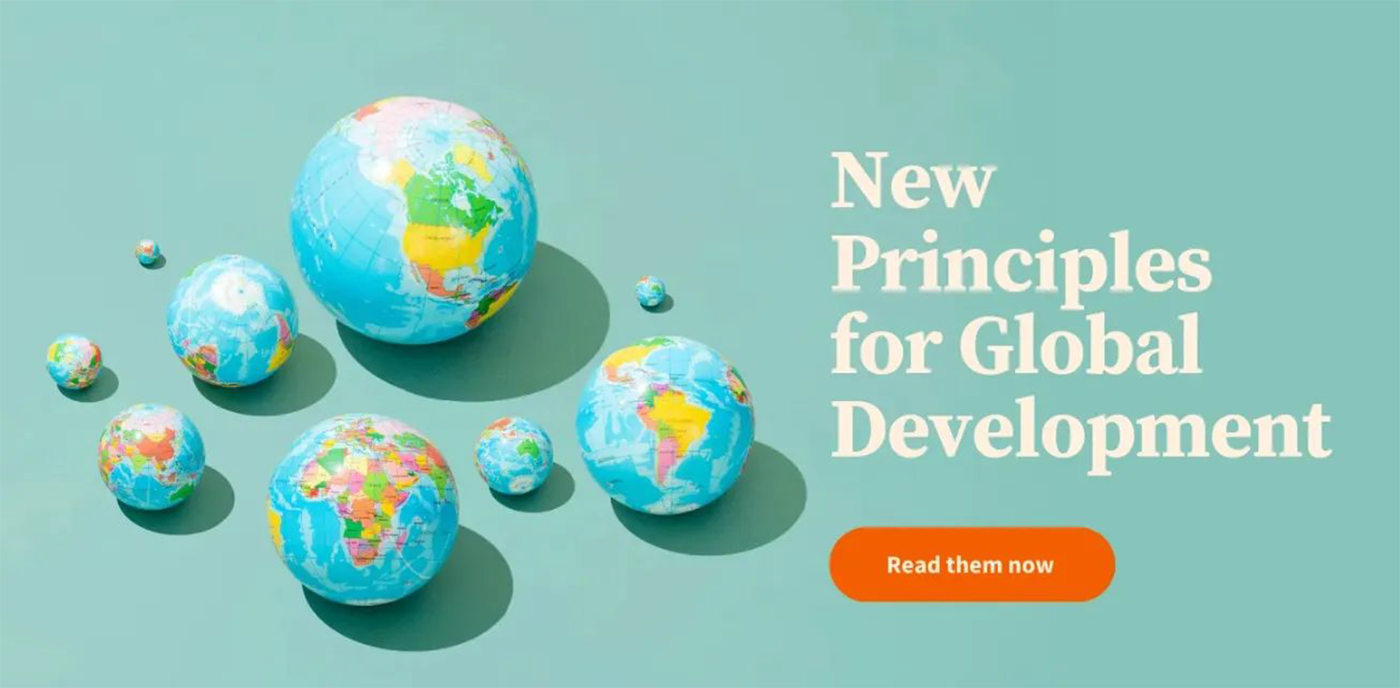Since our founding in 2021, Unlock Aid has delivered for the social innovator community, influencing hundreds of millions of dollars in U.S. federal spending for global development and creating new pathways to scale the most effective solutions in global development. But this is just the beginning. Now is the time to pass the Global Innovation Agenda.
Unlock Aid started by interviewing 70+ organizations to identify the biggest barriers that kept them from working with the public sector to have a bigger impact. We our initial findings in a report and a summary in Foreign Policy. U.S. Senator Tim Kaine cited them during a hearing.

Organizations that participated in our research project pooled their resources and decided to do something about the problems that we identified. You can read the letter we sent to USAID Administrator Samantha Power to announce Unlock Aid. Politico wrote out our arrival.
.ai.png)
We brought dozens of our coalition partners to Capitol Hill to introduce lawmakers to the ‘doers’ and leading social innovators on the front lines of global development. Congress asked: What’s the most ambitious reform agenda you could imagine to change the way the U.S. invests in the world?
Unlock Aid published Three Asks for USAID focused on increasing the use of milestone-based pay for results, scaling up innovation, and diversifying USAID’s partner base.

In Partnership with the Federation of American Scientists’ Day One Project, we convened 70+ of the world’s leading global development organizations in Mexico City to create a “Sustainable Development Goals Moonshot Accelerator.” Together, we identified big ideas – “moonshots” – that public institutions could champion to achieve the SDGs by 2030. We asked leading innovators, “If you had $500 million, how would you spend it?”

In December, Congress invited Unlock Aid to testify about how to modernize the U.S. approach to global development. We published our 2023 policy platform, sourcing inputs from more than 100 innovators.

Along with other coalitions like NEAR, CIVICUS, and the Project on Government Oversight, Unlock Aid leads a campaign to pressure USAID to embrace transparency and crack down on its biggest contractors that take advantage of local organizations. More than 100 organizations and coalitions that collectively represent more than 15,000 groups from around the world sign our joint letter to USAID Administrator Samantha Power.

USAID is issuing its largest-ever set of contracts, a $17 billion suite of awards for global health supply chains. Rather than doubling-down on a status quo model that is not working, USAID can instead use these contracts to show that a new way to invest in global development is possible. We published what a different model can look like.
Major media starts writing about the need to reform U.S. foreign aid. Columnist Matt Yglesias reviews Unlock Aid’s "recipe for doing good better." Other publications like Vox and The Economist write about Unlock Aid’s campaign for reform.

If the U.S. could transform its approach to global development, what would it do differently? That’s the question we asked more than 200 leaders from the diaspora, business, investment, faith, social enterprise, and humanitarian communities, both in the United States and around the world, as part of a 6-month listening tour. In February 2024, we produced this report summarizing the recommendations we heard. Lawmakers have since taken an interest and are now translating these ideas into legislative text.

The White House announces its plans to “fundamentally rewrite” federal grant rules to make it easier for community organizations and others to access federal dollars.

We published a microsite to show there’s not much ‘foreign’ about foreign aid. Most of it gets channeled to a handful of aid industry insiders that have a questionable record of impact, and that keep most of the money for themselves rather than invest in local communities. Worse, aid industry practices often cause more harm than good, including by displacing local markets, causing brain drain, and perpetuating legacies of paternalism and colonialism.
This bill includes many provisions the Unlock Aid community fought for, including provisions to shift funding to local partners, scale funding for proven innovations, change the way the U.S. invests in global health supply chains, and crack down on aid industry players that take advantage of smaller organizations and local communities.
Counterintuitive it may sound amid this moment of political division, we need to be ambitious (and idealistic) again. We often hear about what we can’t do, what we won’t do. It’s time for a new way. Now is the time to pass the Global Innovation Agenda.
Learn more